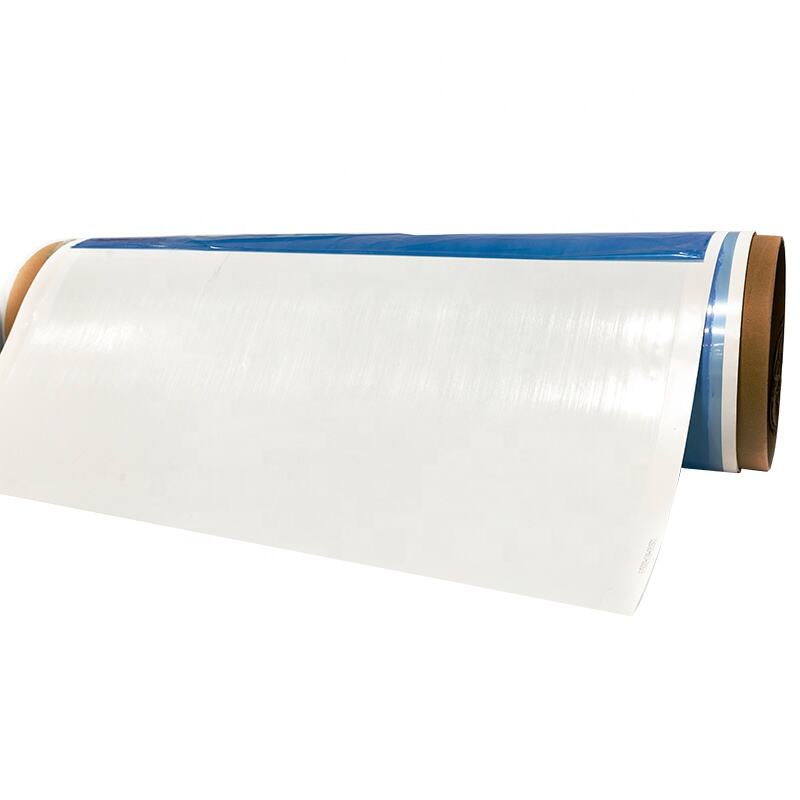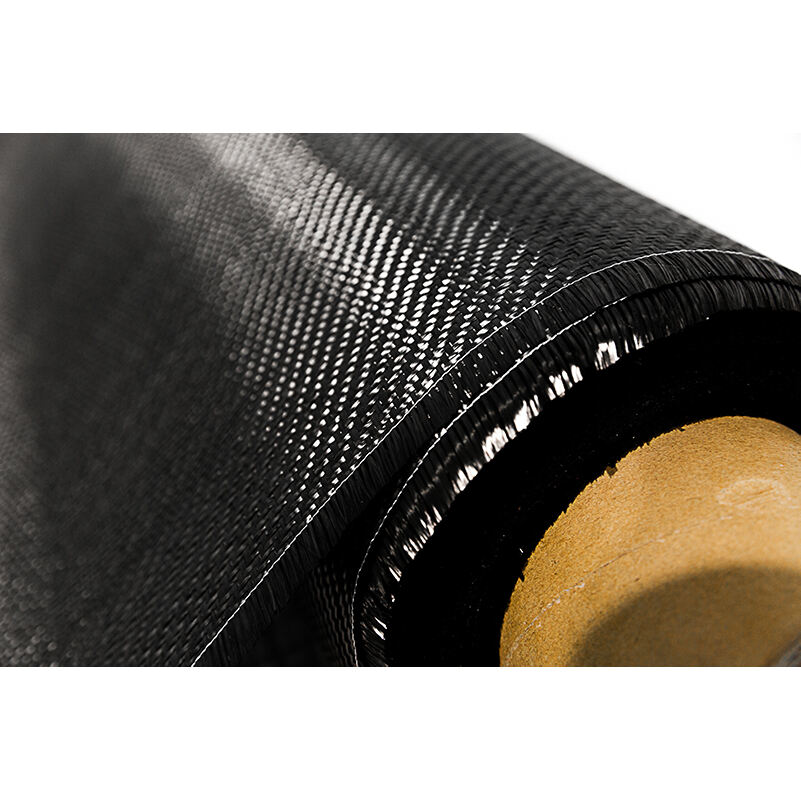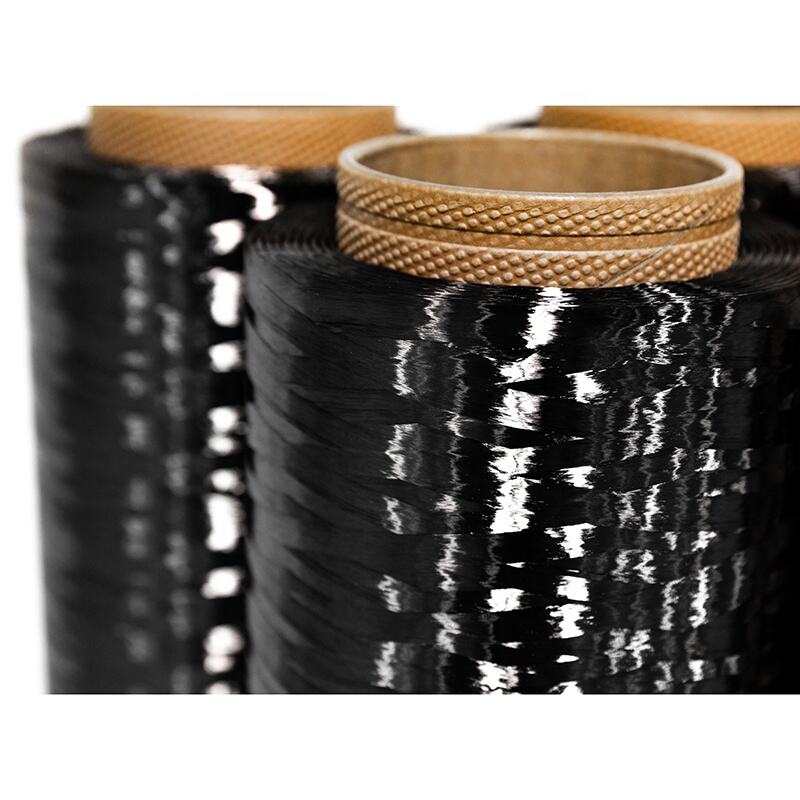carbon fiber raw materials
Carbon fiber raw materials represent a revolutionary advancement in material science, combining exceptional strength with remarkably low weight. These materials begin as organic polymers composed of long, chain-like molecules aligned in a crystalline form. Through a complex process called carbonization, these polymers are heated at extremely high temperatures in an oxygen-free environment, transforming them into strong carbon fiber filaments. The resulting material exhibits an impressive strength-to-weight ratio that surpasses traditional materials like steel and aluminum. Carbon fiber raw materials typically consist of thin filaments measuring about 5-10 micrometers in diameter, primarily composed of carbon atoms bonded together in microscopic crystals. These crystals align parallel to the long axis of the fiber, creating the characteristic strength of the material. The raw materials undergo various surface treatments and sizing processes to enhance their compatibility with different resin systems, making them suitable for composite manufacturing. Their versatility allows for applications across multiple industries, from aerospace and automotive to sporting goods and renewable energy sectors. The material's inherent properties include high tensile strength, low thermal expansion, and excellent chemical resistance, making it an ideal choice for demanding applications where performance is paramount.


